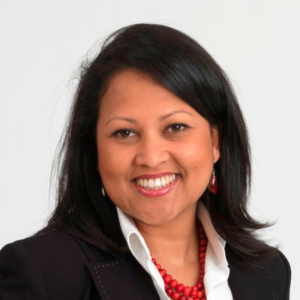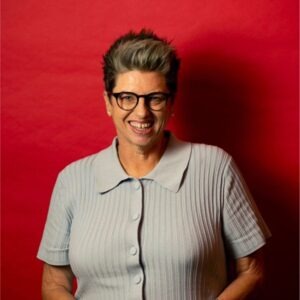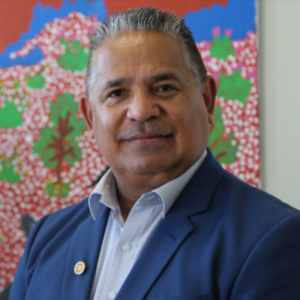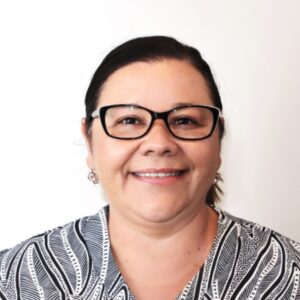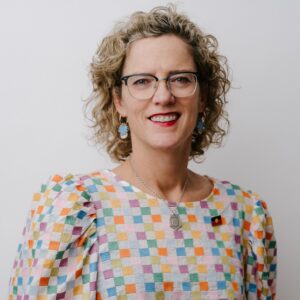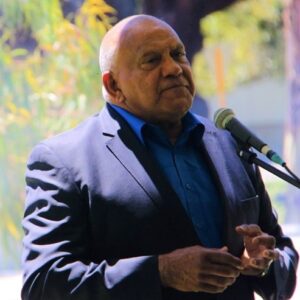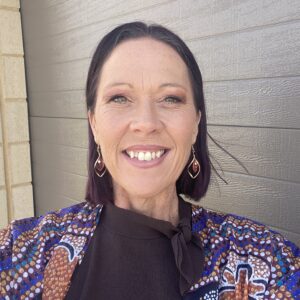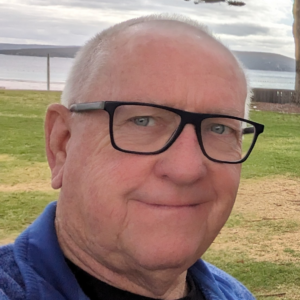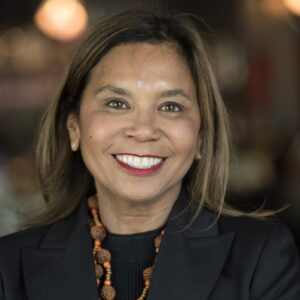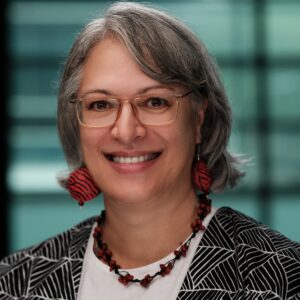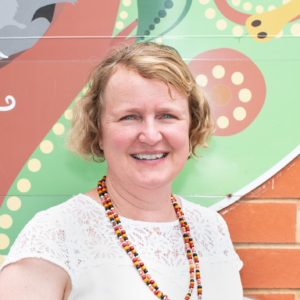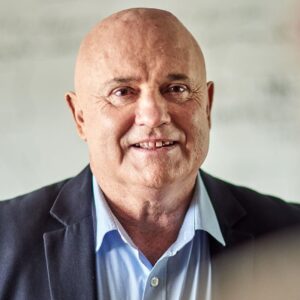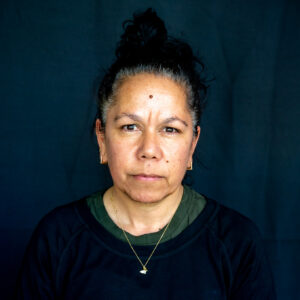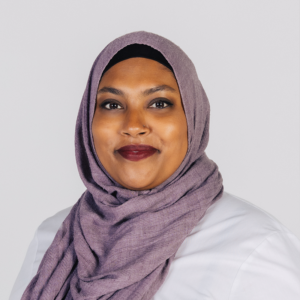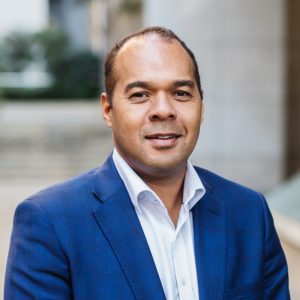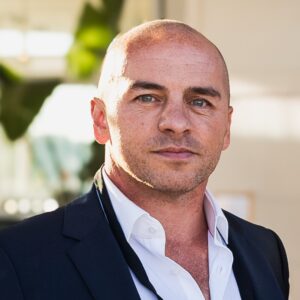
Indigenous Governance Awards 2024 Gala Dinner
The Indigenous Governance Awards are held every two years and are proudly presented in partnership by Reconciliation Australia, the Australian Indigenous Governance Institute, and the BHP Foundation.
The Awards Gala dinner, hosted by proud Torres Strait Islander woman, Carla McGrath with a performance from Electric Fields, is a very special event being held on the first night of the conference to celebrate the success of organisations around Australia demonstrating outstanding Indigenous governance practice!
- Date: Wednesday 6 November 2024
- Time: 6 – 9:30pm
- Location: Plaza Ballroom
- Dress code: Formal
Awards Categories:
Category 1: Non-incorporated organisations, initiatives or projects.
Category 2: Small to medium incorporated organisations.
Category 3: Large incorporated organisations.
Learn about our 2024 Finalists
Category 1
Loddon Mallee Aboriginal Reference Group
Loddon Mallee Aboriginal Reference Group (LMARG) was established in 1997 to embody self-determination in action for the Aboriginal people of the Loddon Mallee region in northwest Victoria.
Local Aboriginal leaders saw a need for a united voice to advocate to government on behalf of Aboriginal people and communities of the region, to improve health and life outcomes.
Members are sourced from four key Aboriginal Community Controlled Organisations (ACCOs) which service the region. LMARG is led by a board of Aboriginal directors elected by local Aboriginal communities, with quarterly LMARG meetings attended by members’ CEOs and leadership teams. Meetings are run on the principles of consensus and collective decision-making.
See more.
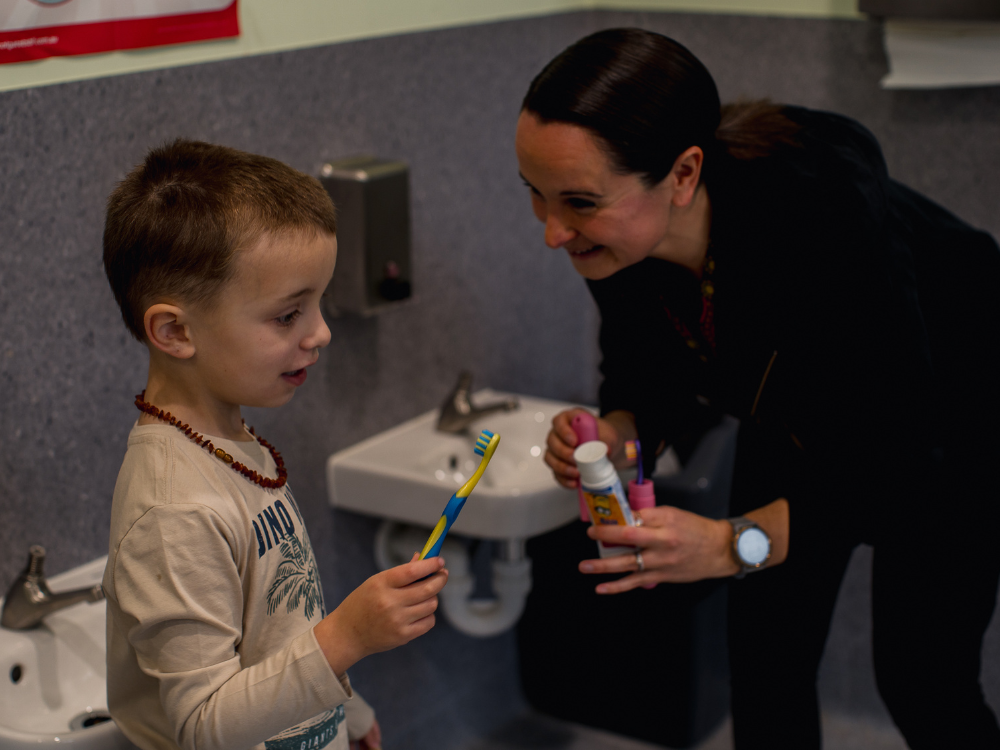
Wintjiri Wiru Working Group
Wintjiri Wiru Working Group was established in 2020 to provide cultural authority and oversight of cultural experiences presented at the Voyages Resort near Uluru. It also manages the reception and distribution of revenue attained from the inclusion of Anangu Cultural and Intellectual Property in Voyages activities.
Funds are allocated and distributed equally for both the Kaltukatjara and Mutitjulu communities according to three categories: Cultural Strength and Capacity; Wellbeing and Social Impact, and Community Support.
The working group is comprised of five representatives each from the Mutitjulu and Kaltukatjara communities in a unique structure that aligns culturally to part of the Mala Story songline shared through the Wintjiri Wiru drone and laser show.
See more.
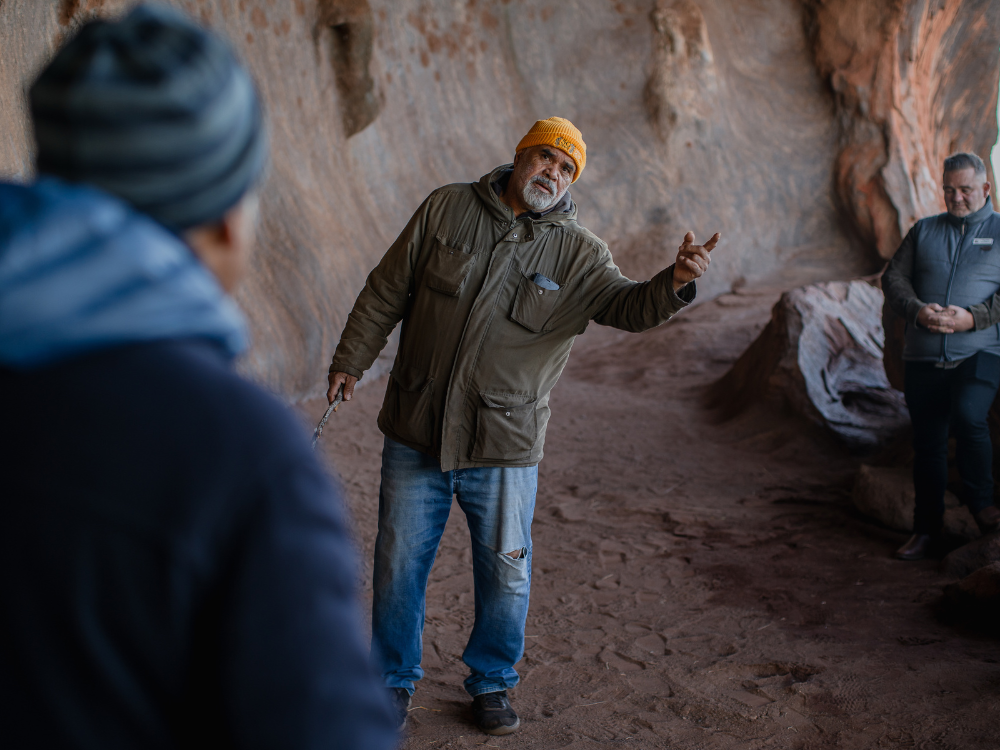
Learning on Country Program
Learning on Country (LoC) program was established in 2013 as a joint initiative between Aboriginal ranger groups and schools across 17 Top End (NT) remote communities.
LoC was created to ensure sustainability for this collaboration which provides educational experiences and employment pathways for students through a combination of culture and school curricula.
This ‘both ways’ learning supports students to achieve training and educational qualifications and employment outcomes, while supporting intergenerational transfer of knowledge and culture.
LoC’s governance structure ensures Aboriginal ownership and control through local community committees and a steering committee.
See more.
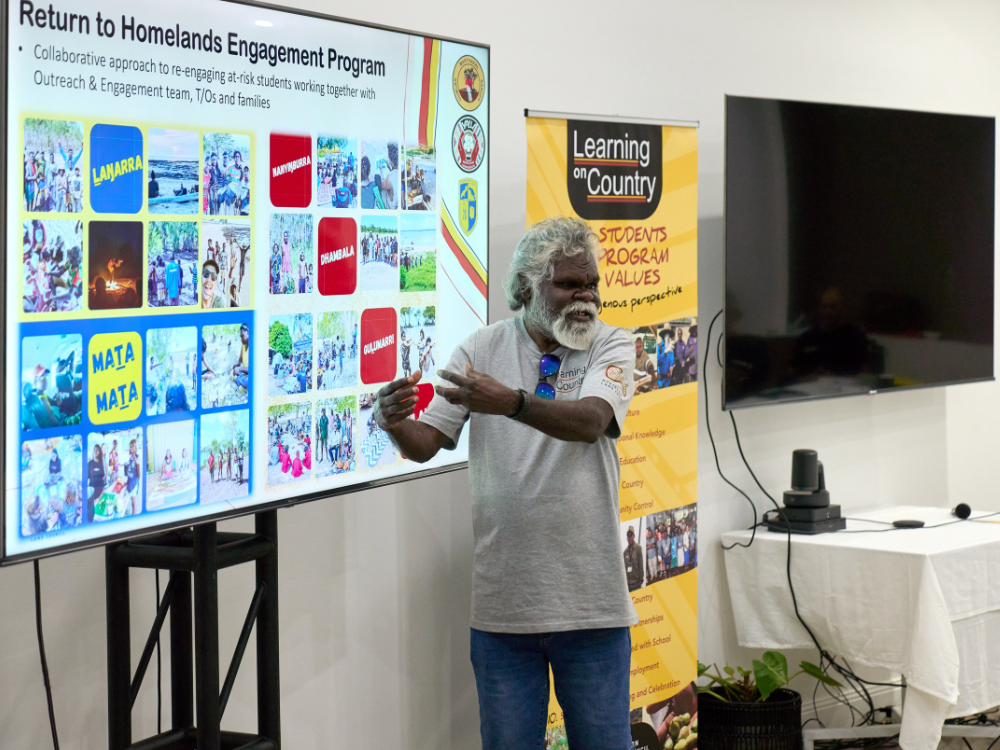
Category 2
Voice of Hope
Voice of Hope Aboriginal Corporation was established in 2022 to assist Aboriginal women in Western Australia to adjust back into community life after time spent in prison.
Noongar culture is central to the Walbreninj Yorga (Healing Women) Prison Program, designed to help women physically, mentally, emotionally, and spiritually heal and return to family. The women receive Hope Bags, containing clothes, toiletries, a mobile phone, and contact list of essential services on release.
Programs include connecting with culture, identity, and family origin; addressing personal and systemic challenges to reduce recidivism including domestic violence, and addictions; access to counselling services, parenting support and family reunification; and access to education and housing. Their support begins within the prison systems and includes external workshops for those who have served their sentence.
See more.
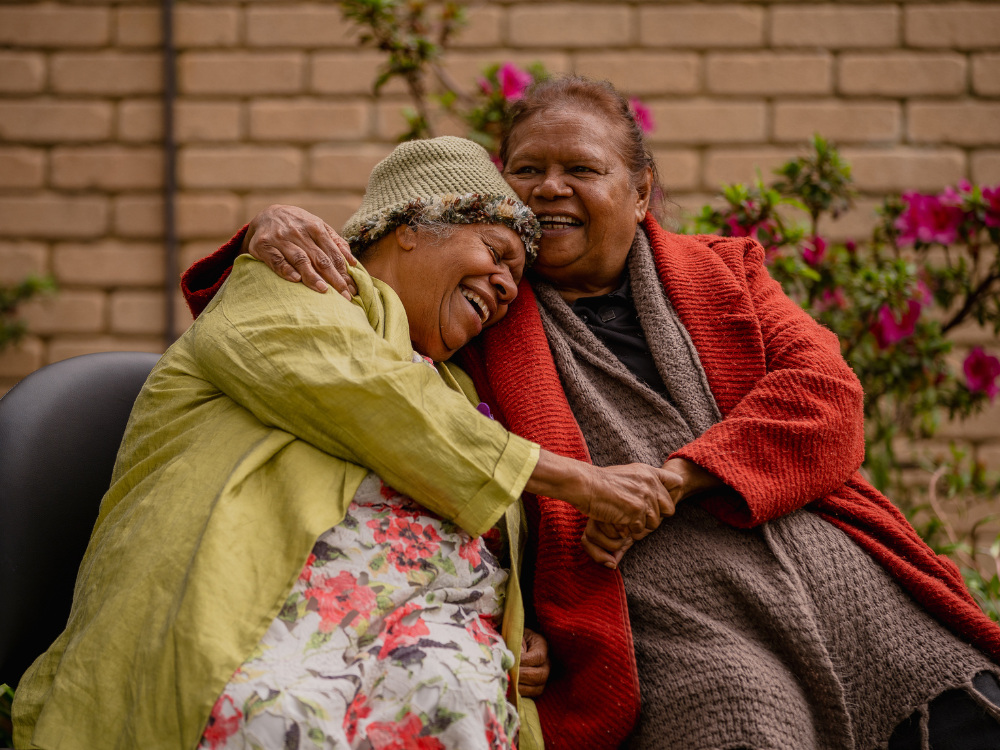
Mibbinbah Spirit Healing
Mibbinbah was established in 2007 to enable Aboriginal and Torres Strait Islander men, women and children to explore and enrich identity, wellbeing, and skills through a coordinated national program of workshops and gatherings.
Mibbinbah works to support First Nations people to heal, grow, and resume their roles as the nurturers, teachers, and leaders in their communities.
A small organisation with only three staff, Mibbinbah operates on a project-by-project basis with minimal recurrent funding; however, the organisation has recently acquired some ongoing funds from the philanthropic sector.
Mibbinbah operates in many states across Australia, in remote, regional, and urban communities.
See more.
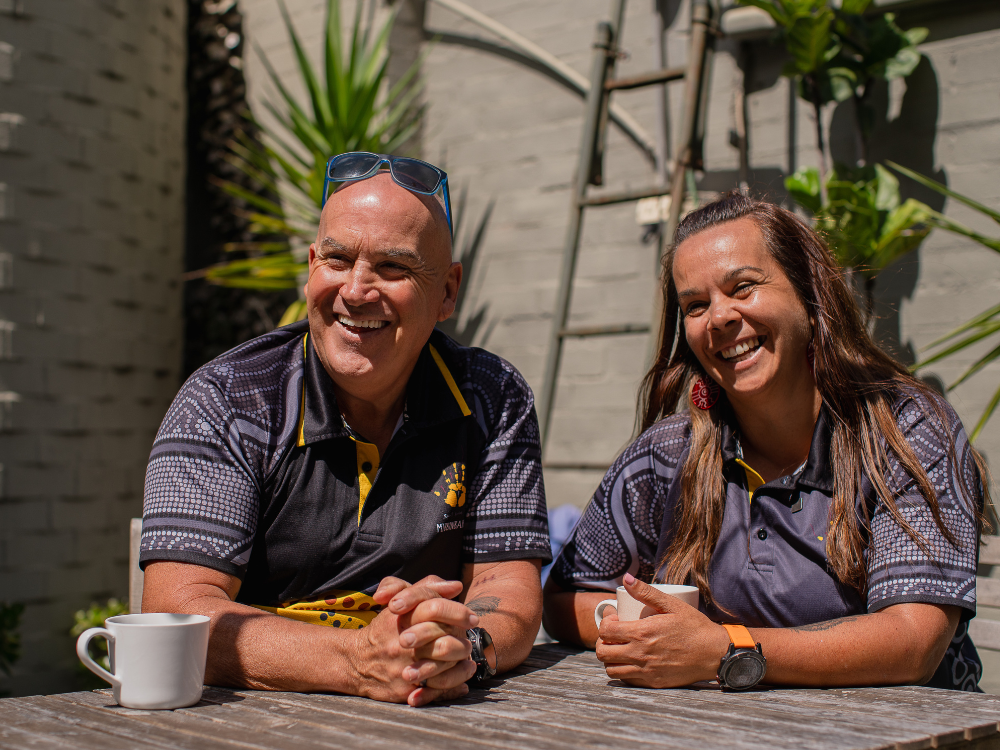
Melythina Tiakana Warrana
Melythina Tiakana Warrana (MTWAC) was established in 2008 by a group of Elders in northeast Tasmania that were determined to reclaim their people’s rightful place as the original People of Tasmania. Melythina Tiakana Warana means Heart of Country in the local Aboriginal language.
Recognising that strengthening culture and developing economic opportunities for their people were central to this aspiration, the Elders were determined to establish and maintain an Aboriginal cultural artifacts and knowledges keeping place, to re-establish ceremony business, and to build cultural tourism.
Membership of Melythina Tiakana Warana is limited to Tasmanian Aboriginal people, who can show a direct link to northeast Tasmania.
MTWAC is governed by a board of nine directors who operate with a Circle of Elders providing oversight, cultural advice and ensuring cultural integrity.
See more.
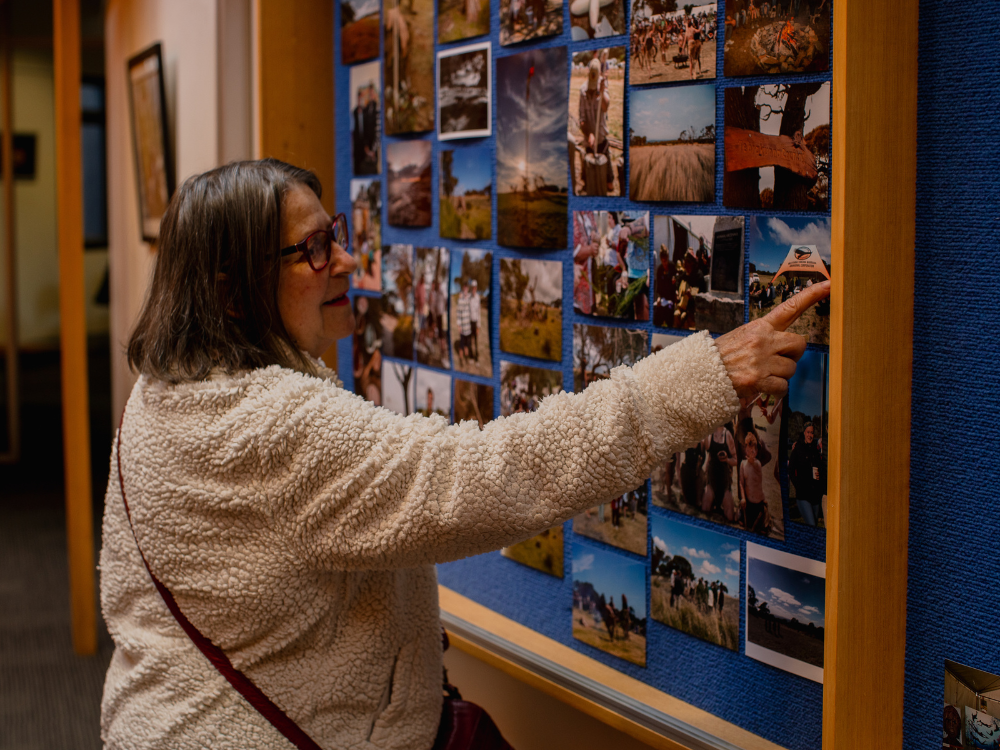
Category 3
Djarindjin Aboriginal Corporation
The Djarindjin community in Western Australia’s Dampier Peninsula was established as a defiant act of self-determination by Bardi and Jawi people escaping the control of missions in the 1980s.
For years Djarindjin Aboriginal Corporation has become largely self-funding with revenue from its airport, a necessity as it has received little infrastructure, funding, housing, and support from Government. It is the only First Nations-owned and operated independent commercial airport in Australia and is run by an all-local team from across the Dampier Peninsula.
With revenue streams established, Djarindjin Aboriginal Corporation now focuses on providing critical services to its people including a safehouse, aged care program, men’s shed, community resource centre, municipal services, community store, programs for early childhood and parenting, and youth and community service outreach.
See more.
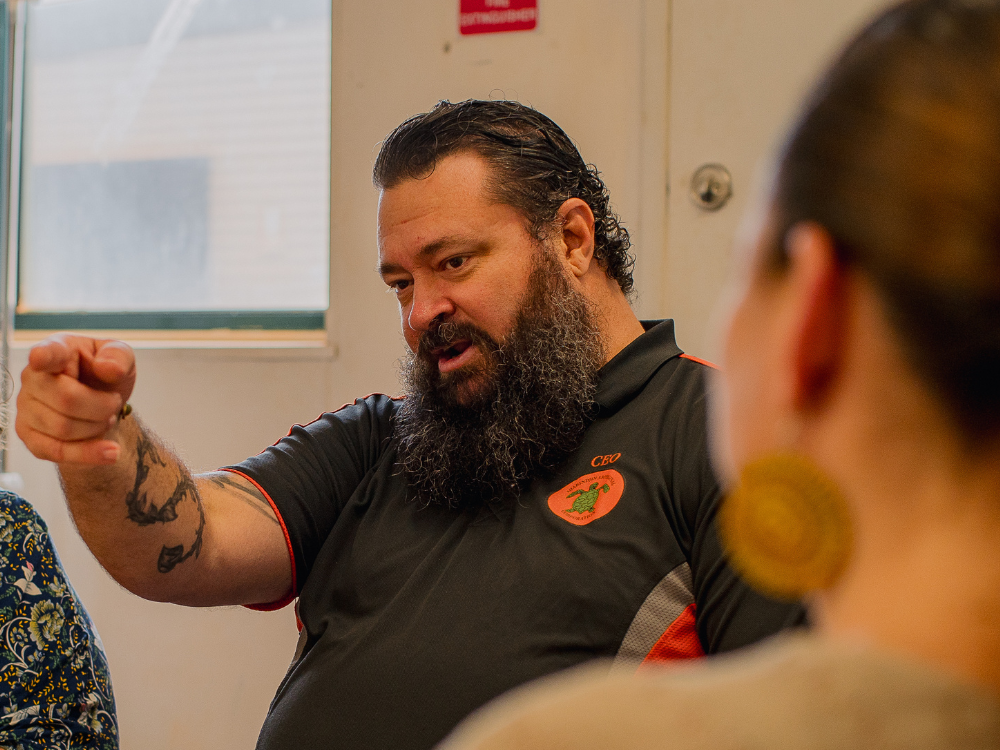
Granites Mine Affected Area Aboriginal Corporation
Granites Mine Affected Area Aboriginal Corporation was established in 1991 in partnership with the Central Land Council to manage and distribute payments provided to nine Tanami communities for the operation of the Granites Gold Mine on their Country.
At least 50% of the funds received are invested for future use; the balance for current community benefit projects for the nine GMAAAC communities – Yuendumu, Lajamanu, Nyirrpi, Willowra, Yuelamu, Balgo, Billiluna, Ringer Soak, and Tanami Downs – communities spread across over a 200,000 sq km area.
Each community elects a committee to prioritise, plan and fund projects; the committees elect 18 directors who oversee the corporation’s investments. This structure enables communities to address their concerns and work towards community aspirations through the allocation of their own resources.
See more.
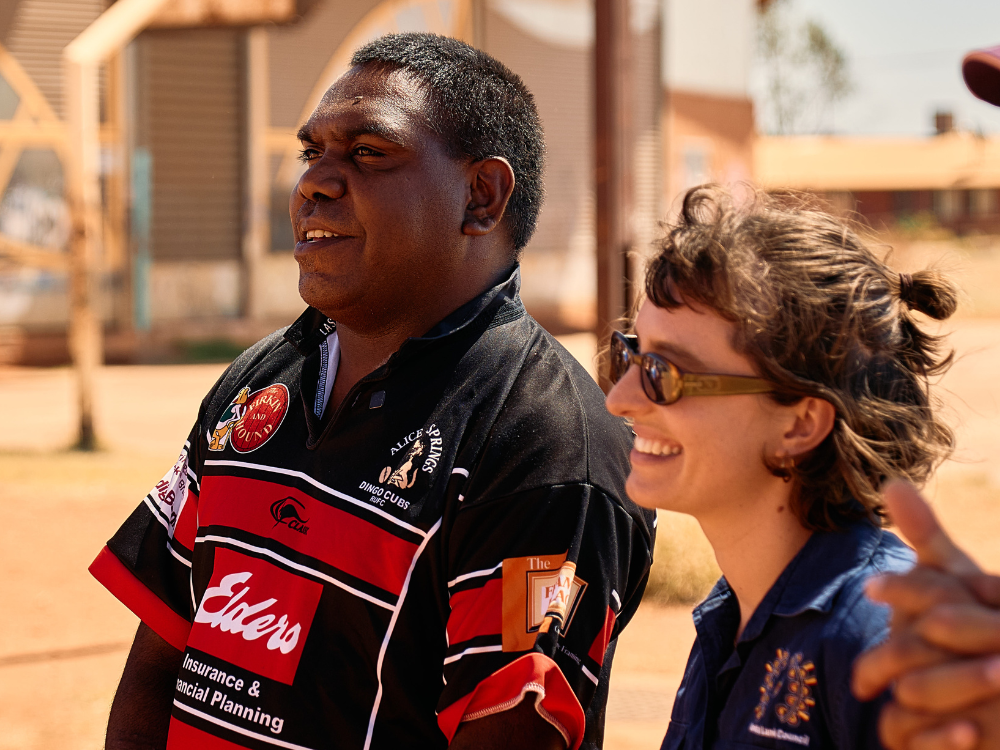
Wajarri Yamaji Aboriginal Corporation
Wajarri Yamaji Aboriginal Corporation (“WYAC”) was established in May 2013 for the Wajarri Yamaji people who have traditional rights in the Murchison and Gascoyne regions of Western Australia. WYAC works for Wajarri Yamaji people by investing in programs, facilitating community and pursuing opportunity.
WYAC’s nine-member Board is comprised of representatives from each of the land committees of the four Wajarri groups – Minangu, Burringurrah/Milly Milly, Byro and Ngoonooru.
Its governance structure and management system represent this diversity to allow for localised input into decision making.
Its company structure includes the Winja Wajarri Barna Ltd (WWBL), which manages the two charitable trusts, and Wajarri Enterprises Ltd (WEL), a sustainable business enterprise for the benefit of all Wajarri Yamaji people.
See more.
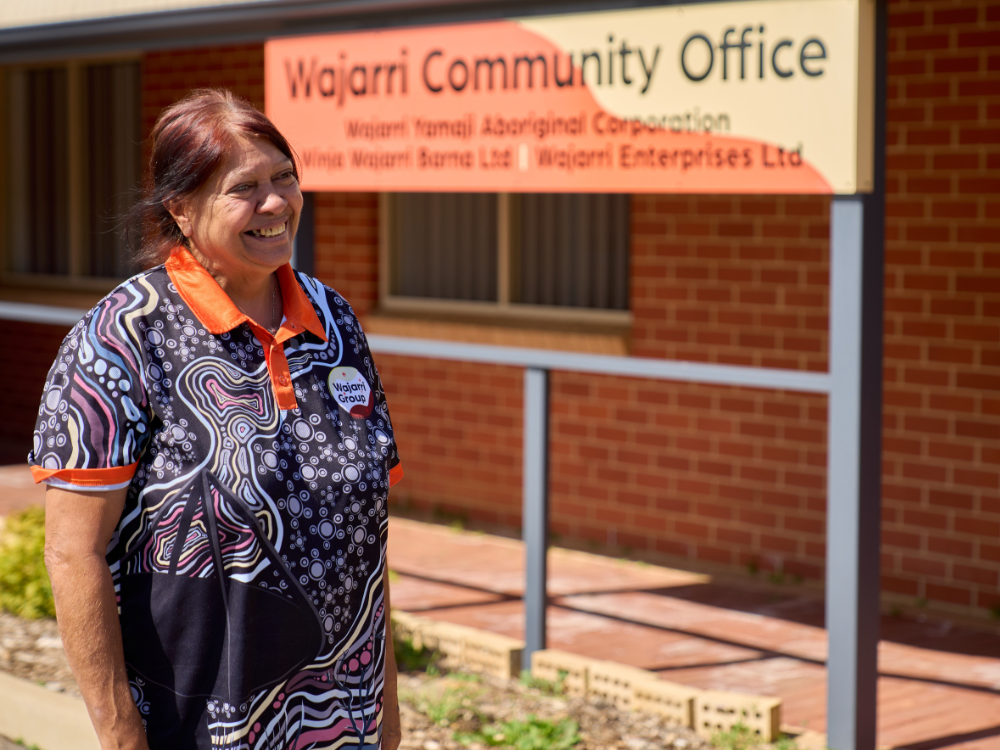



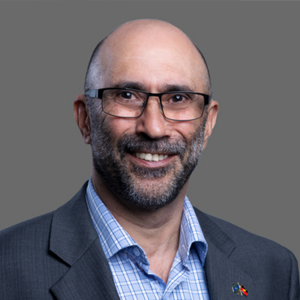
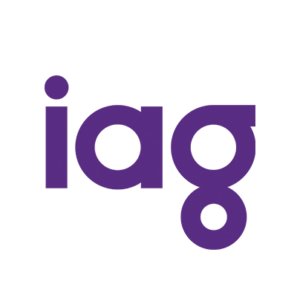
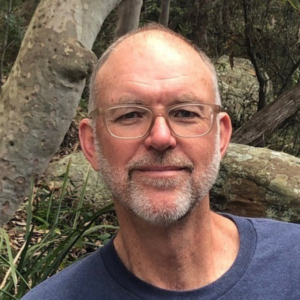
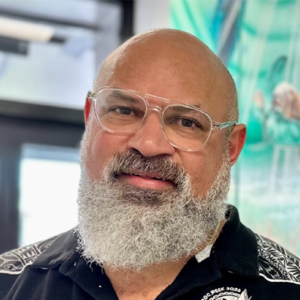
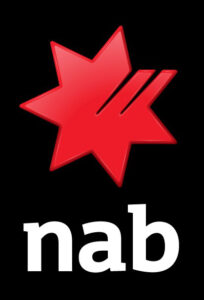
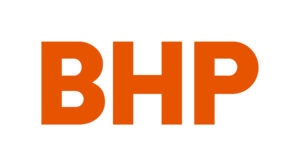
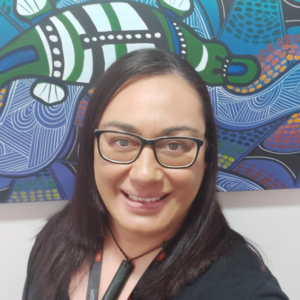
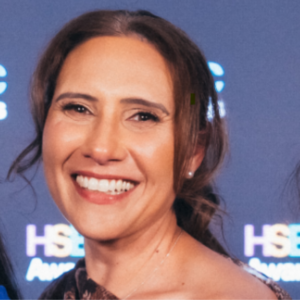
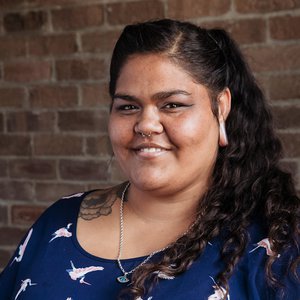
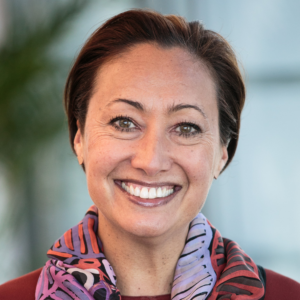
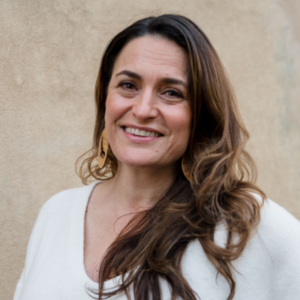
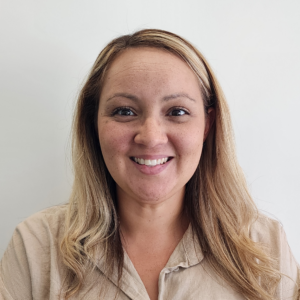
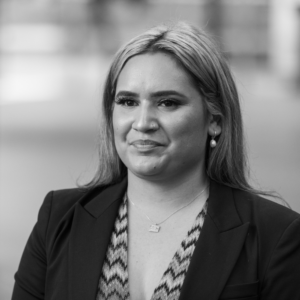
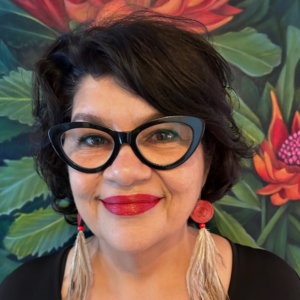
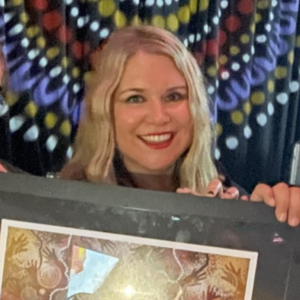
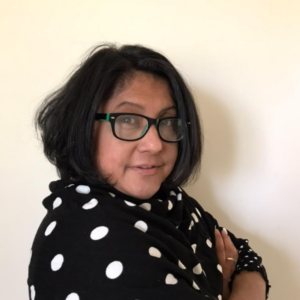
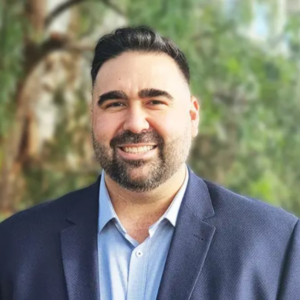
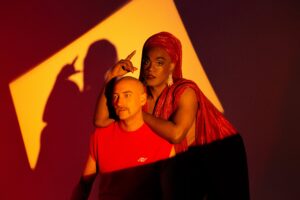
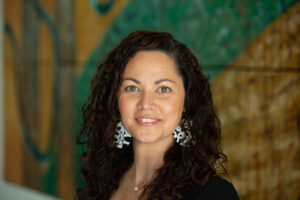
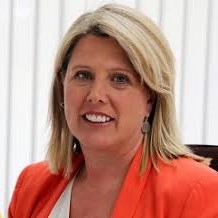
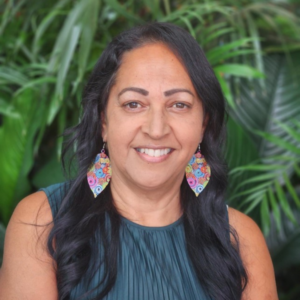
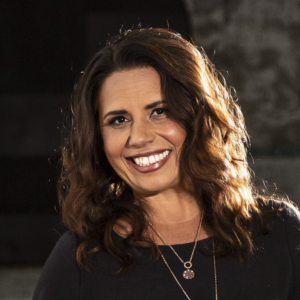
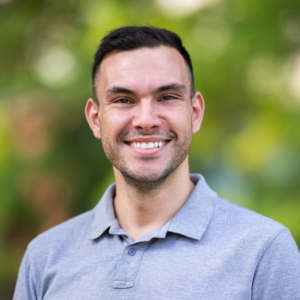 Toby Millar
Toby Millar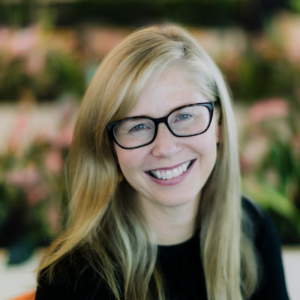
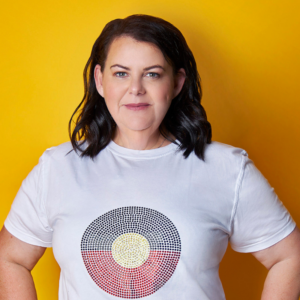
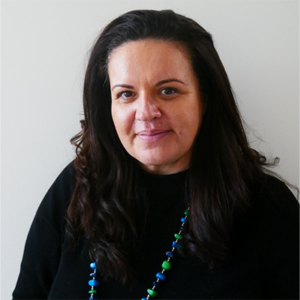
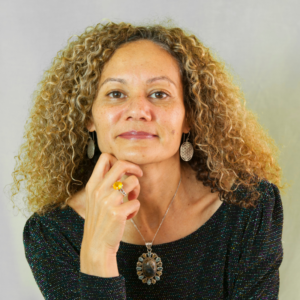
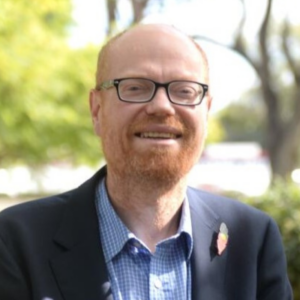 Andrew Gunstone
Andrew Gunstone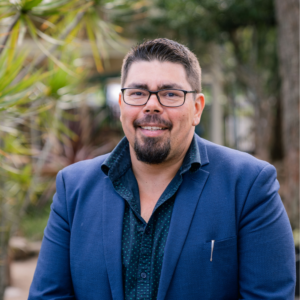
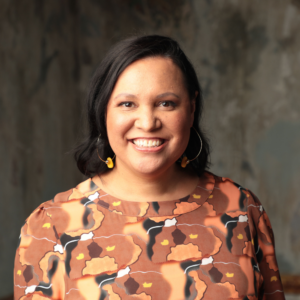
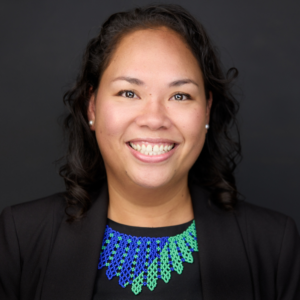
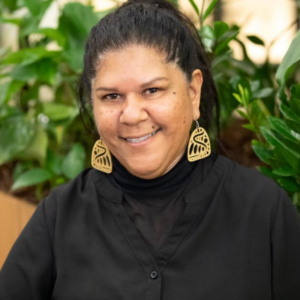

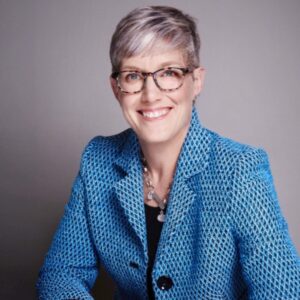 Melinda Cilento
Melinda Cilento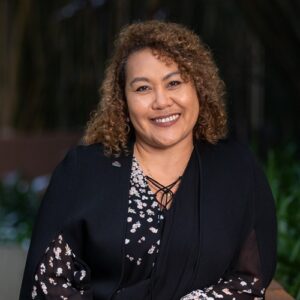 Karen Mundine
Karen Mundine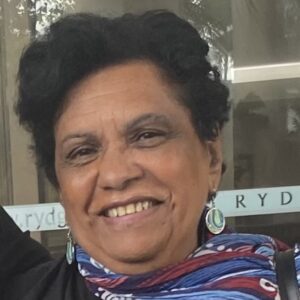 Marie Pryor
Marie Pryor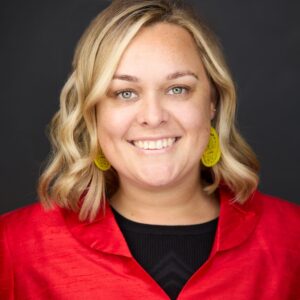 Erin Lang
Erin Lang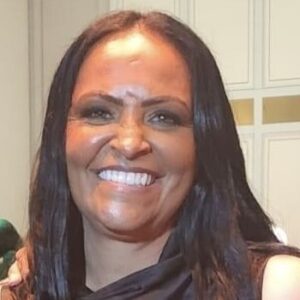 Lorraine Pryor
Lorraine Pryor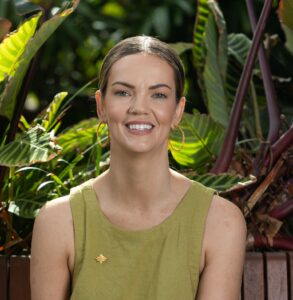 Paige Cunningham
Paige Cunningham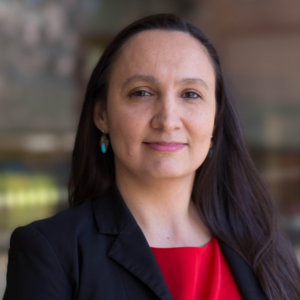
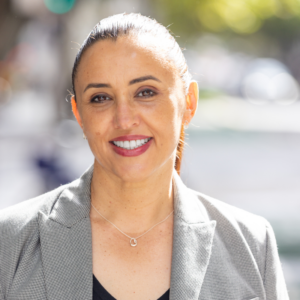 Servena McIntyre
Servena McIntyre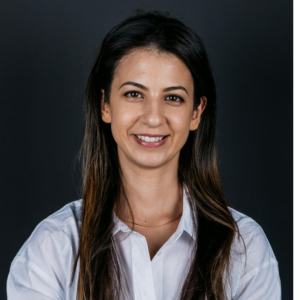
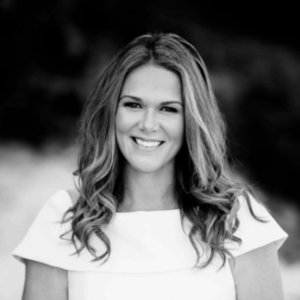
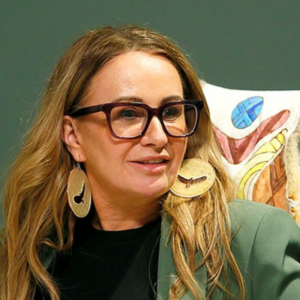
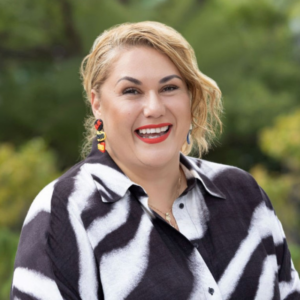
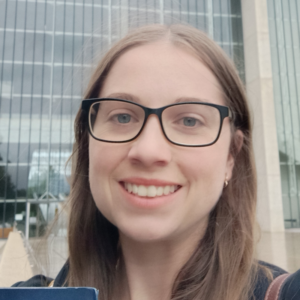
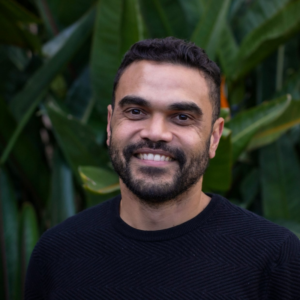 Darren Hammond
Darren Hammond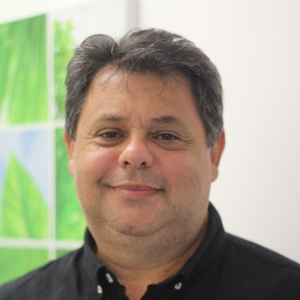
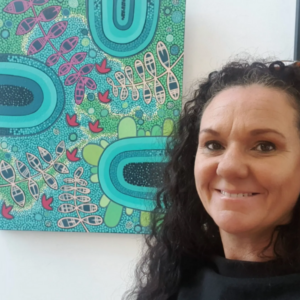 Patrice Mahoney
Patrice Mahoney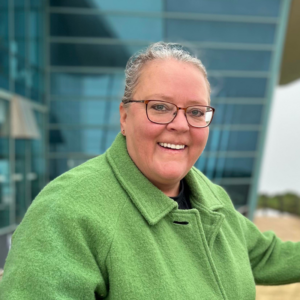
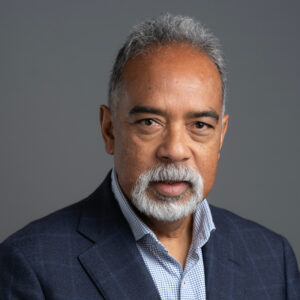
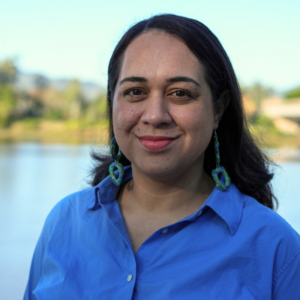
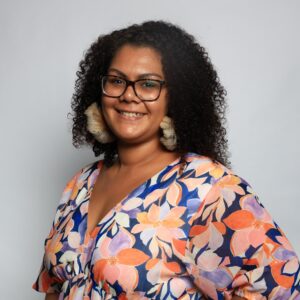
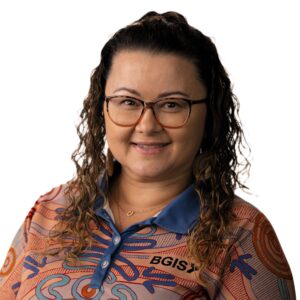
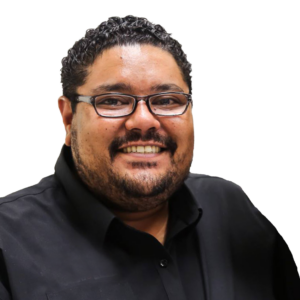

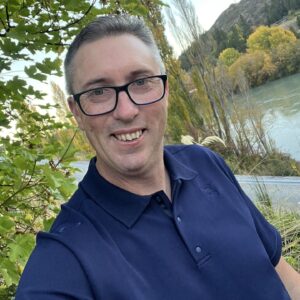
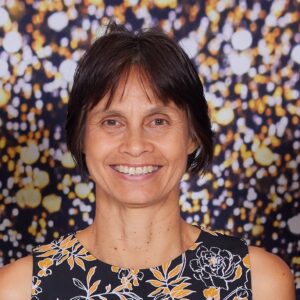

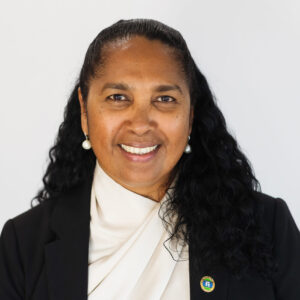

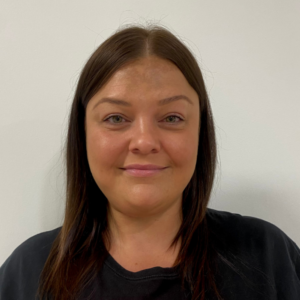 Nikki Burns
Nikki Burns